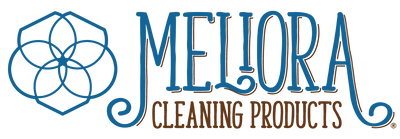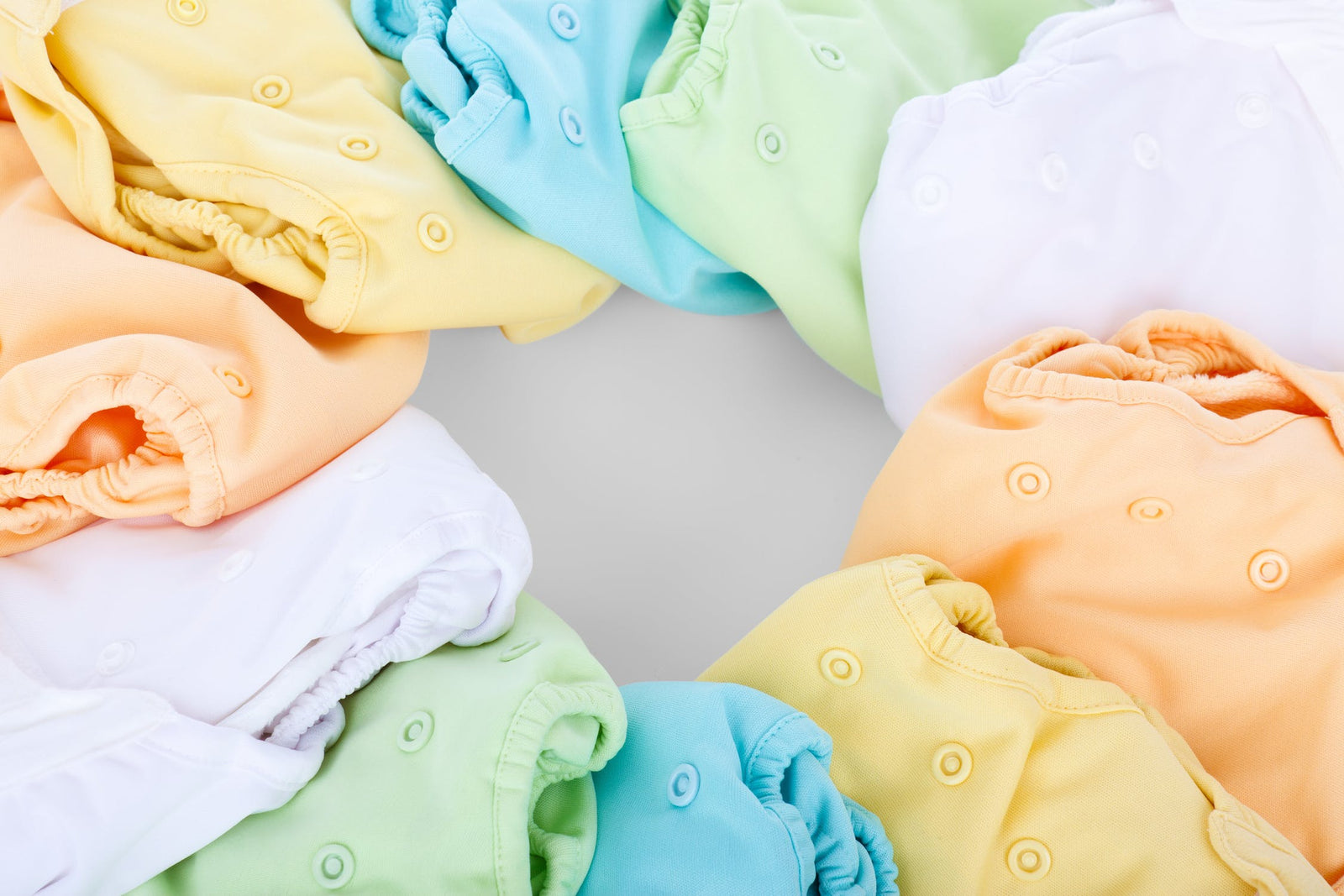With diaper shortages looming during the COVID-19 pandemic, now is a great time to consider switching over to cloth diapers. We talked with Green Diaper Babies, friends of ours in Chicago, who run a commercial cloth diaper delivery and cleaning service.
It’s worth noting: they’re still open for business and operating as normal, just taking extra precautions. But for those of you who may be interested in checking out cloth diapering on your own, it’s a great sustainable alternative to disposable diapers.
What are the basics of cloth diaper cleaning?
According to Shannon, the Owner and Founder of Green Diaper Babies, diapers should always be rinsed prior to being washed primarily because of the urine or the poop. The waste needs to be removed before soap ever gets involved. If detergent is added in the very beginning, it won’t be cleaning the fiber - the detergent will just be eating away at the waste rather than cleaning the diaper itself.
"In our situation at Green Diaper Babies, we rinse for about 15 minutes before we ever add any soap in our commercial facility - which is about a fourth of the total duration of our washing process,” Shannon told us.
At home, that typically means adding a prep-step. Rinse any solids out of the diaper just after a diaper change. This can be done by flipping the diaper inside out and dunking any soiled portions in the toilet, or by using a diaper sprayer (bidet-like apparatus).
This double-rinsing step is the critical one before putting the diapers in your washing machine. The wash then should be the longest part of the whole cycle. Diapers should spend time soaking and sudsing - depending on how many diapers you have, you'll want to test using the hot water cycle options on your washing machine.
Diapers are useful in rubbing each other clean. Too many diapers, nothing moves. Too few, they don’t rub. It’s kind of like an art. Diapers rubbing against each other is like an olden-day washboard. You need that rubbing to remove the scent, remove the poop, remove the urine, remove all the things.
Shannon recommends two cold rinses. “Usually that’s sufficient - your amount of soap depends heavily on your load of diapers and what type of washing machine you have. It can be pretty simple with just those cycles. But then at the end, you have to make sure to give it a smell test. They might still have a small stain but if they smell neutral, they’re clean. If they smell too fresh, like the fragrance of the soap, your baby might get a detergent rash. If it smells like a barn, you need to do the process over again with more soap.”
To remember these things in your smell test:
- Neutral = Clean, even if there's a small stain remaining.
- Too fragrant = Rinse again to prevent a rash.
- Barn = Re-wash
So in summary, for home diaper cleaning (Green Diaper Babies does this at a larger scale in their own facilities) -
- Clean any substances off the diaper as soon as possible
- Rinse the cloth diaper for ~15 minutes before adding any soap
- A heavy cycle with hot water
- Two cold rinse cycles
- Smell test!
Adding Meliora Cleaning Products Oxygen Brightener gives our Laundry Powder a boost when added 1-2 times a month to your diaper washing process.
What about disinfecting the diapers?
A classic detergent will not disinfect, per the elements involved of the cleaner. We’ve recently covered this on why you need both cleaning products and disinfectants in your home during the pandemic.
However, at home, it’s just your family and your child - they’re not going to become sick from their own poop (most likely). If you wash diapers without a disinfectant, you can clean them and still be safe. But adding in Oxygen Brightener or bleach alternative once a month can be a great add-in and safety measure.
It also depends on if you’re breastfeeding or not. Breastfed baby poop is very water-soluble and very easy to wash. Once you start mixing in more interesting foods and solids, things also get more interesting in the waste and the Oxygen Brightener can be more useful. Borax, for example, is a laundry booster or you can also use baking powder - these are things that can help open up the fiber but don’t necessarily have detergent components in them.
We also at Meliora Cleaning Products don’t recommend using microfiber (plastic) diapers because of the microplastic pollution released when washing this type of fiber. Because of that, we have done limited testing and have limited feedback on this type of diaper and how it interacts with our Laundry Powder.
Lastly, as we’re moving into sunnier months, the sun is a natural deodorizer and sanitizer (and brightener). If you’ve got the space, using the sun for a day or two and hanging cloth diapers on a clothing line is one way to fight fragrance if it lingers.
Where can I find out more information?
If you don’t want to do the washing yourself and you’re in Chicago, that’s where Green Diaper Babies can come in. Not every parent has the interest, time or resources for washing in their setup. As Shannon told us, “If washing or laundry science isn’t what you’re interested in, we can do the dirty work for you.”
If you have a small human that you're concerned about their sensitive skin, Unscented is the way to go. As the smell test indicates, your clean diapers - and clothes - shouldn't smell like anything when you pull them out of the washer or dryer. If you aren't sure, ask your pediatrician. Or refer to the handy, dandy MADE SAFE and Plastic Pollution Coalition Healthy Baby Guide.
If you do want to try this at home, we’d recommend checking out Thirsties for more information on getting started and cloth diapers on your own. They’ve also got a great overview of the sustainability benefits of cloth diapering.

